Search
Remove Ads
Advertisement
Summary 
Loading AI-generated summary based on World History Encyclopedia articles ...
Search Results
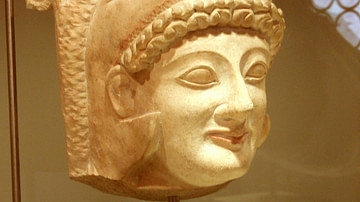
Definition
Melqart
Melqart (also Melkarth or Melicarthus) was an important Phoenician god and patron deity of the city of Tyre. Associated with the monarchy, sea, colonization, and commercial enterprise, both at home and abroad the god is a significant, if...
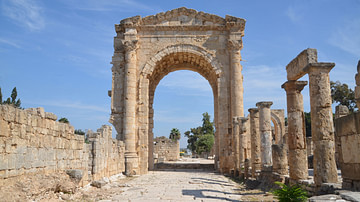
Definition
Tyre
Tyre (in modern-day Lebanon) is one of the oldest cities in the world, dating back over 4,000 years, during which it has been inhabited almost continuously. It was one of the most important, and at times the dominant, city of Phoenicia, whose...
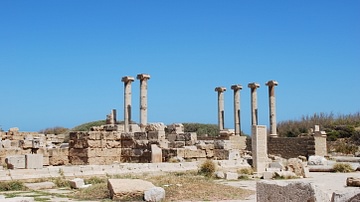
Image
Temple of Hercules-Melqart
Temple of Hercule-Melqart on the forum vetus of Lepcis Magna

Image
Hercules-Melqart
A painted limestone bust of Hercules-Melqart. Cyprus, 5th century BCE. The god was an amalgamation of the Greek hero Hercules and the Phoenician god Melqart. (Museo Barracco, Rome)
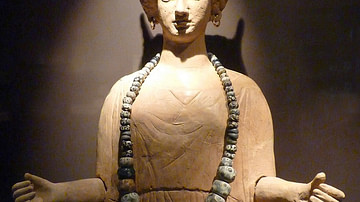
Definition
Carthaginian Religion
Carthage was founded by the Phoenician city of Tyre in the 9th century BCE, and along with many other cultural practices, the city adopted aspects of the religion of its founding fathers. Polytheistic in nature, such important Phoenician...
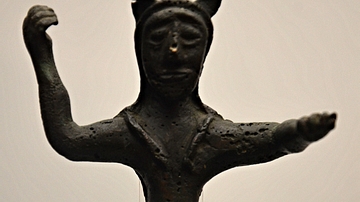
Image
Votive Statue of Melqart
Votive statue of Melqart from Gades (Cadiz, Spain), 7th century BCE. (Archaeological Museum, Seville). Melquart was a Phoenician god and patron god of the city of Tyre.
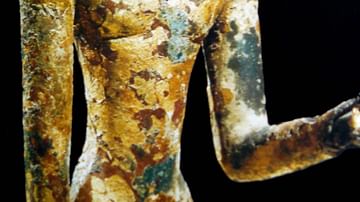
Definition
Phoenician Religion
The Phoenician Religion, as in many other ancient cultures, was an inseparable part of everyday life. Gods such as Baal, Astarte, and Melqart had temples built in their name, offerings and sacrifices were regularly made to them, royalty performed...
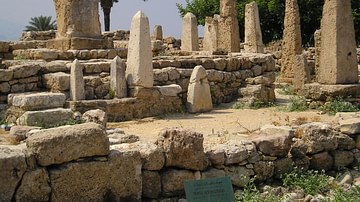
Definition
Phoenician Architecture
Phoenician architecture is typified by large temples with double-columned facades approached by a short staircase, enclosed sacred spaces containing cube-like and open-fronted shrines, and such large-scale engineering projects as dams and...
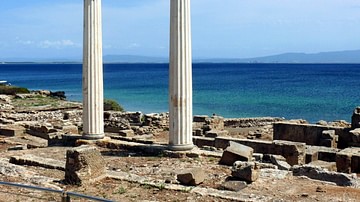
Definition
Phoenician Colonization
The prosperity of Phoenician cities such as Tyre, Sidon, and Byblos was based on trade, and it was the search for new commodities and new markets which resulted in the Phoenicians branching out from the narrow coastal strip of the Levant...
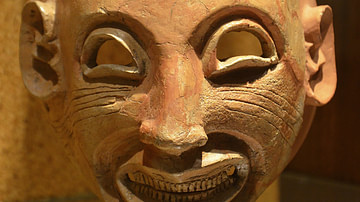
Definition
Carthaginian Art
The art of the Carthaginians was an eclectic mix of influences and styles, which included Egyptian motifs, Greek fashion, Phoenician gods, and Etruscan patterns. Precious metals, ivory, glass, terracotta, and stone were transformed into highly...